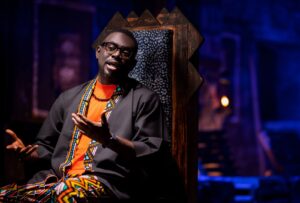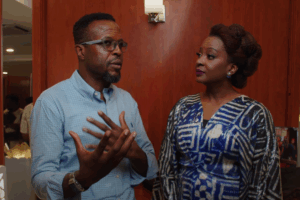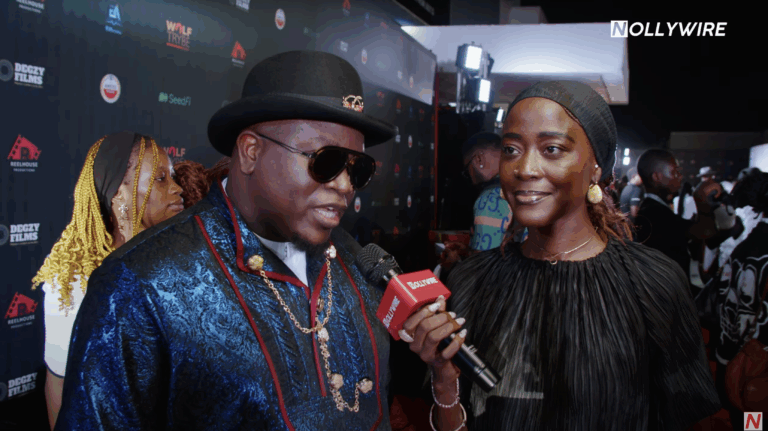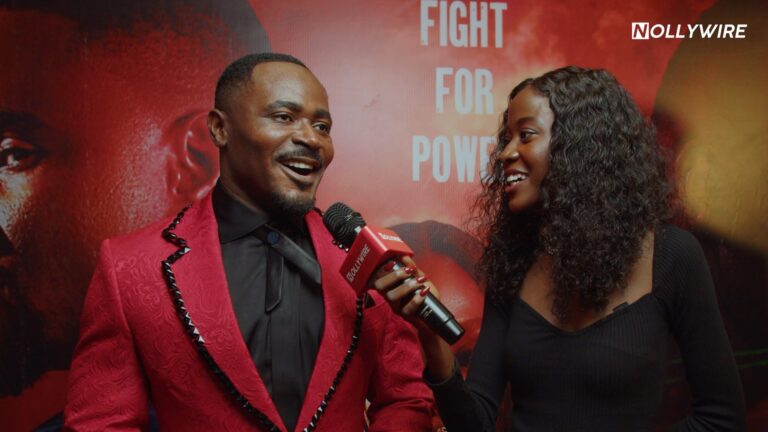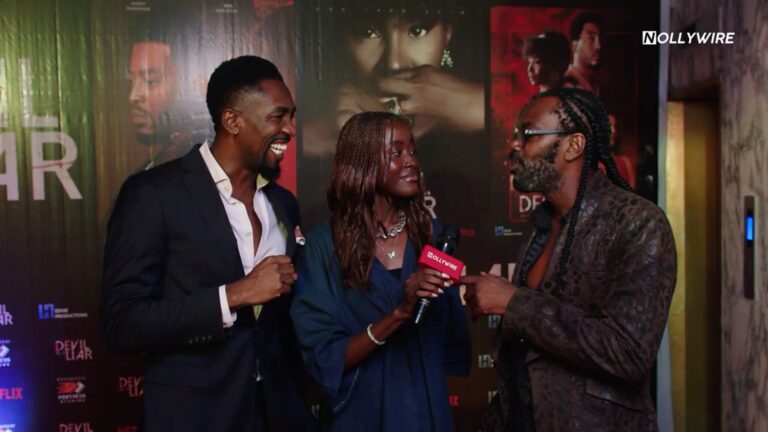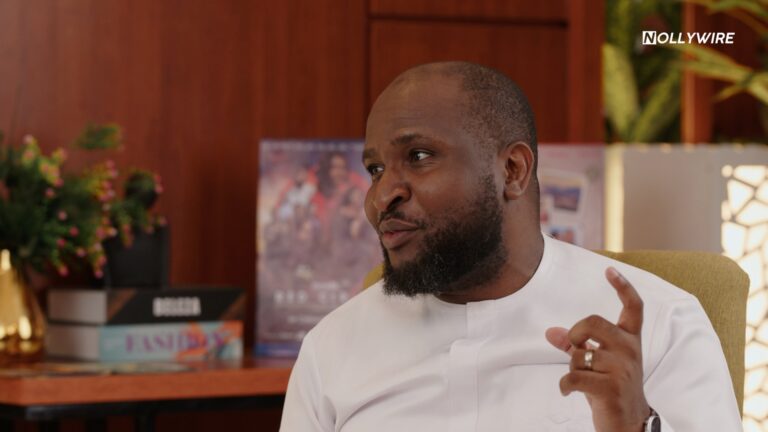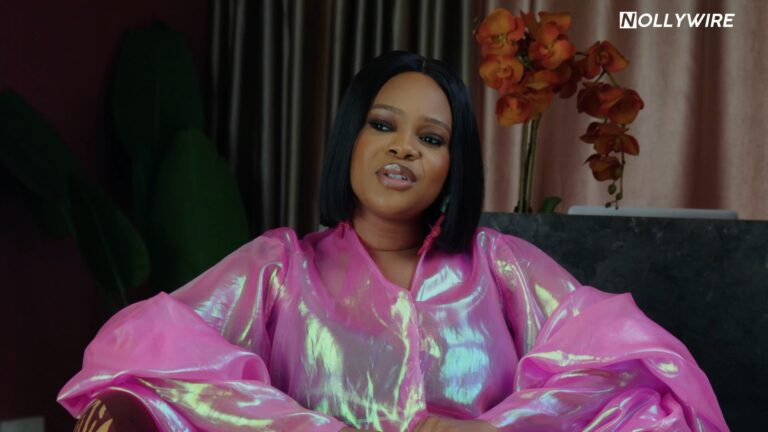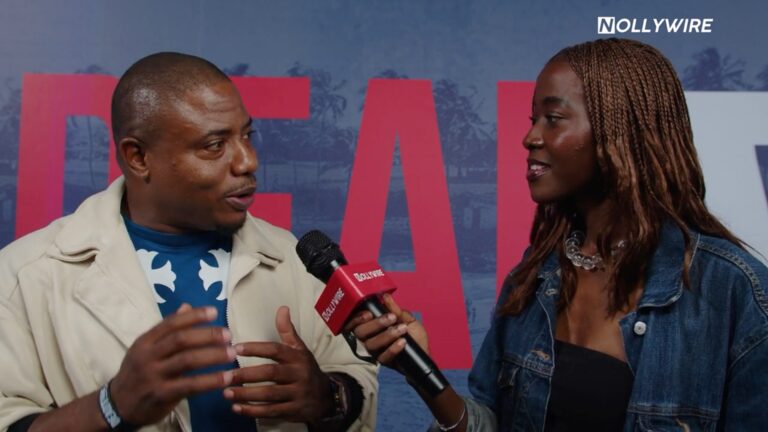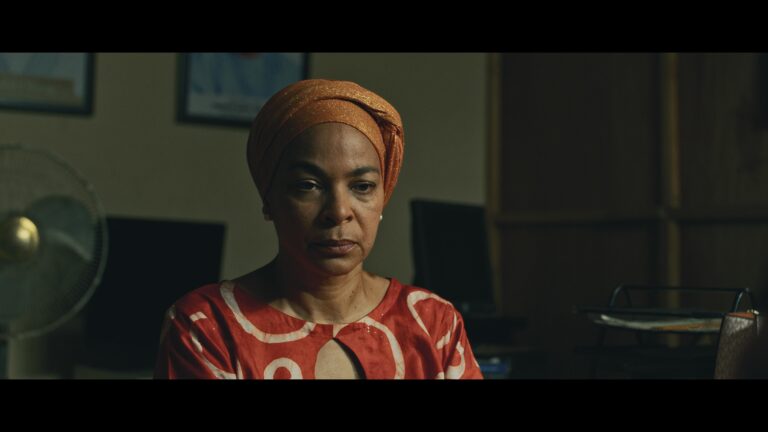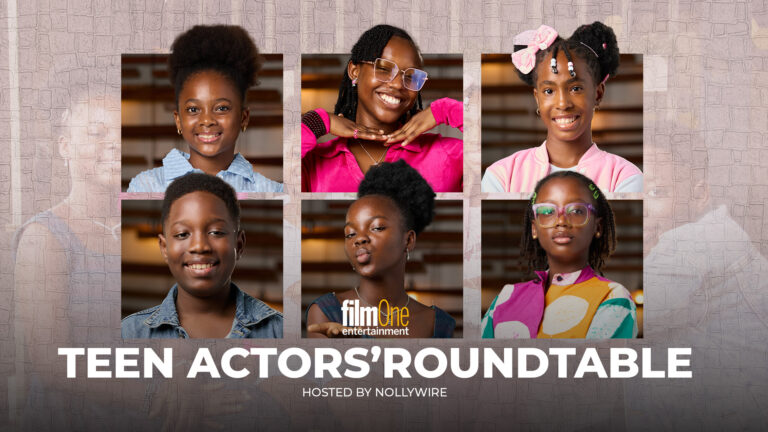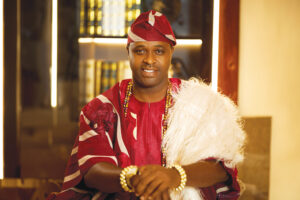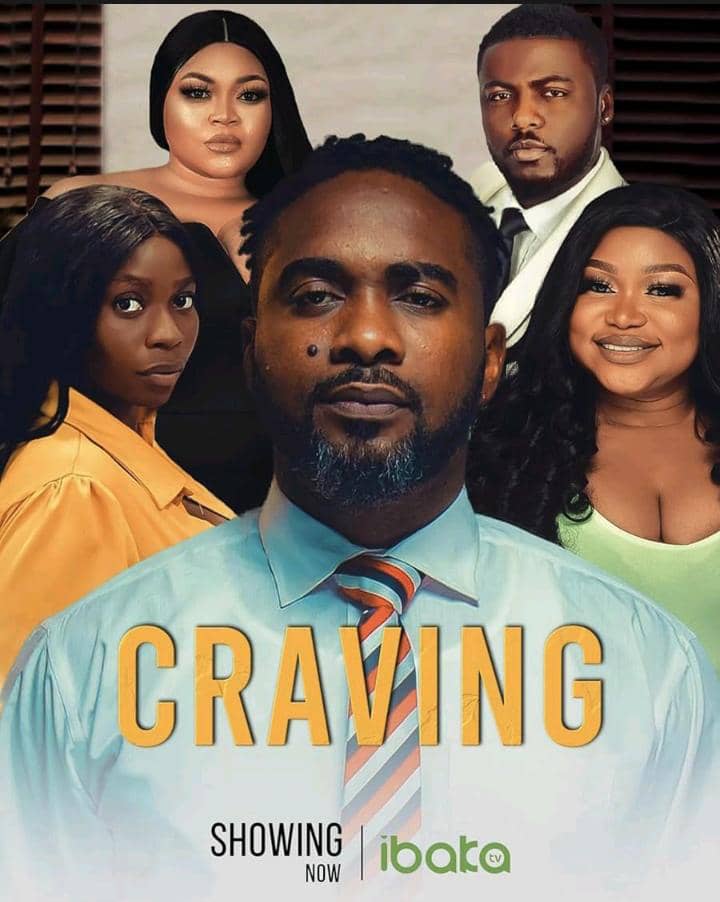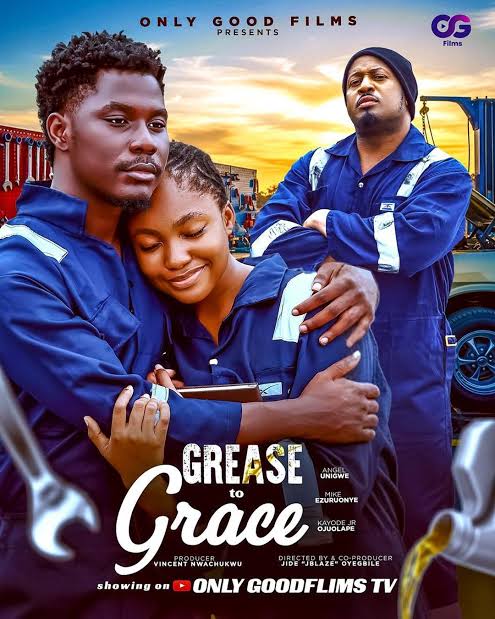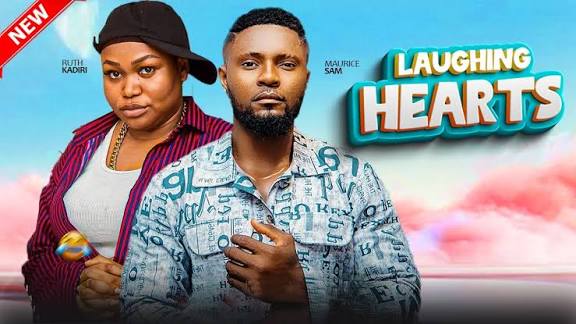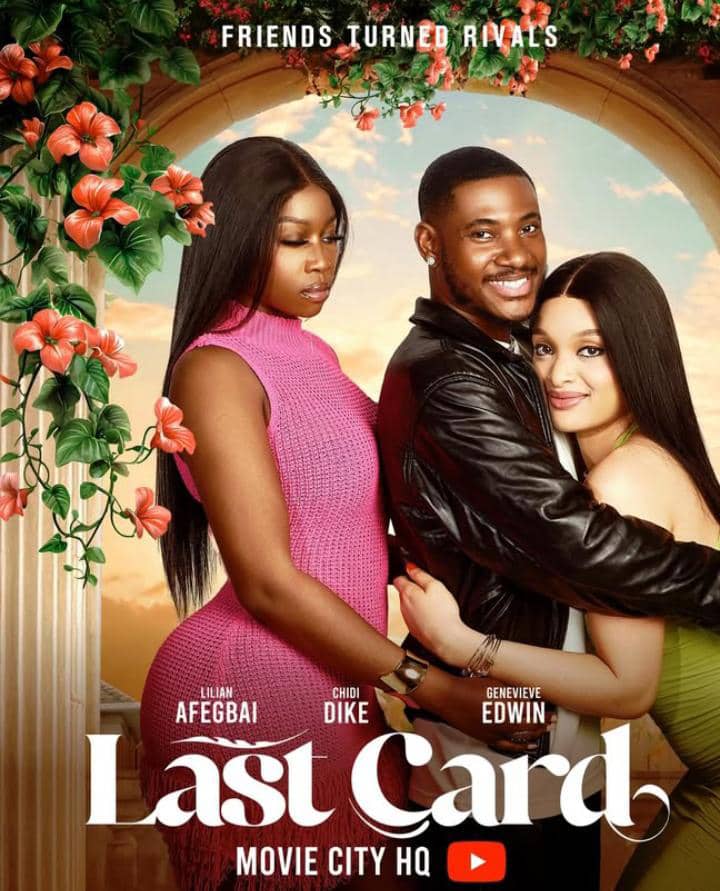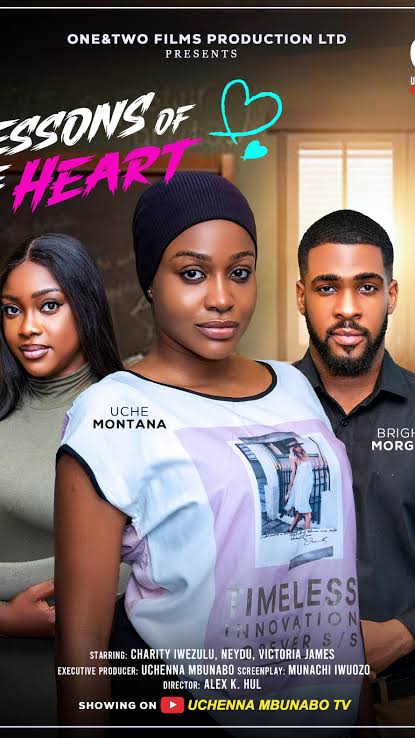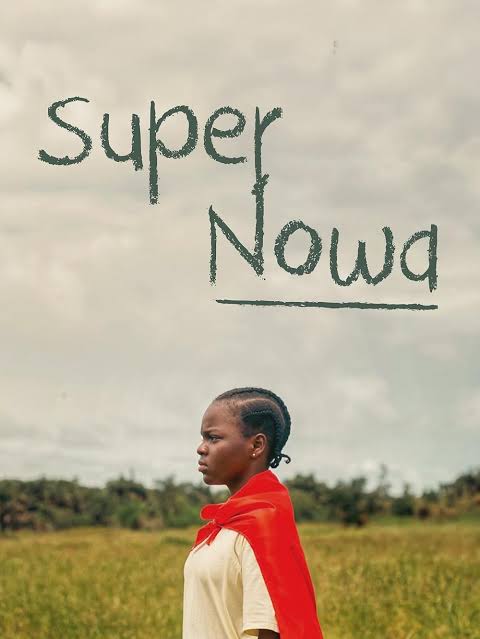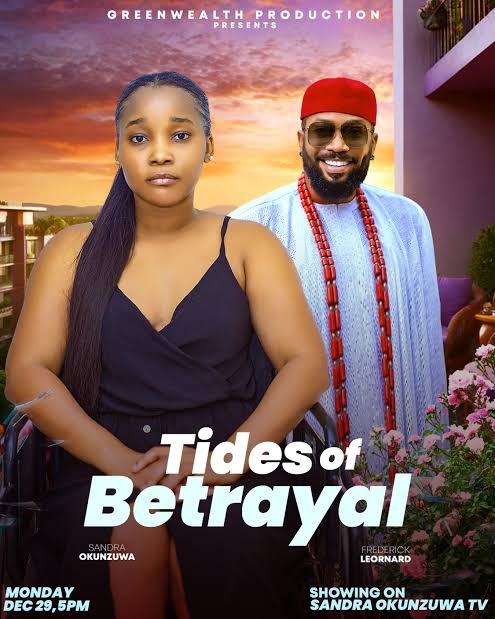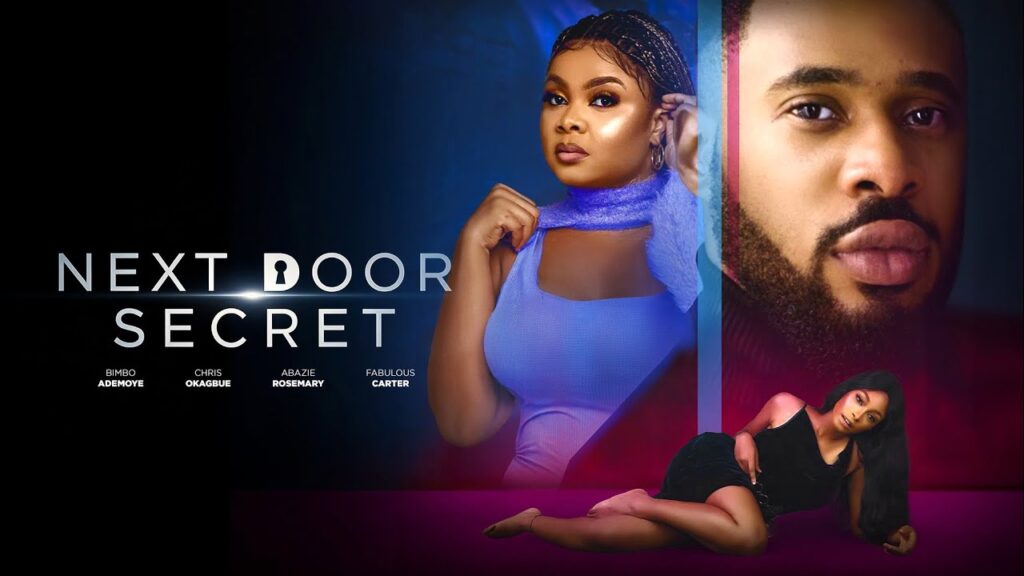In Love Lockdown, director Lyndsey F. Efejuku takes audiences on an emotional rollercoaster, tangled with romance, nostalgia, and difficult choices. The film, produced by Trino Motion Pictures and distributed by FilmOne Entertainment, explores the complex dynamics of love, trust, and commitment when past and present collide under the most intimate of circumstances. At the heart of it all is Yemi, played by Andrew Yaw Bunting, a man caught between his fiancée, Zainab (Detola Jones), and his ex, Taylor (Yewande Osamein), during an unexpected lockdown.
Every great romance begins with a spark, and Yemi and Zainab’s love story is nothing short of magical. However, the film dives into the weight of past relationships and the lingering emotions that can surface when forced into close quarters with an old flame. What happens when nostalgia creeps in, when unresolved feelings bubble to the surface? This is the dilemma Yemi must navigate, making for a compelling watch that resonates with anyone who has ever faced the ghosts of their past.
According to lead actor Andrew Yaw Bunting, embodying Yemi in ‘Love Lockdown’ was no easy feat. “It did require me accessing a lot of emotions,” he shared. “This story is about someone trying to navigate through difficult emotions while not hurting the people he loves the most.” That emotional tug-of-war is central to the film’s power, pulling audiences into Yemi’s turmoil and making them question where their own loyalties would lie.
One of the film’s strongest elements is the undeniable chemistry between the cast. While Bunting had previously worked with Detola Jones on ‘Dilemma,’ it was his first time sharing the screen with Yewande Osamein. Despite this, the actors seamlessly brought their characters to life. “As professional as professional can be,” Bunting described their dynamic. “We knew what we had to do, and we just did our best.”
For Detola Jones, Zainab was a character she immediately connected with. “I like her. She knows what she wants; she’s driven, she’s ambitious,” she said, advocating for her character. When asked if Zainab was naive for not noticing Yemi’s wavering emotions, Jones was firm in her stance: “It has nothing to do with Zainab. She’s always been herself. He’s always known who she was.”
Writer Anthony K. Double found inspiration for ‘Love Lockdown’ in the experiences of couples during the COVID-19 lockdown. “Loads of people broke up in lockdown because they realised they didn’t really like each other,” he noted. His goal was to craft a modern romance that, while intimate and deeply emotional, also embraced the genre’s ability to challenge norms. Originally an audio play, the story caught the attention of Trino Motion Pictures, evolving into the cinematic experience it is today.
One of the film’s most striking aspects is its willingness to push the boundaries of romance in Nollywood. When asked about the film’s steamy moments, Double explained, “In love stories, there’s going to be love-making. Do they push cinematic boundaries a bit? Yes. But I wouldn’t call it erotica; I’d just call it a nice love story.”
Director Lyndsey F. Efejuku approached these elements with a delicate touch, balancing what was necessary for storytelling while considering Nollywood’s cultural climate. “I asked myself, ‘How would it be possible to do something without actually doing something?’ So when you’re watching, you get all the right emotions, but it’s done subtly.”
Following the success of ‘The Weekend,’ Trino Motion Pictures is cementing its place as a studio that thrives on originality and daring storytelling. Producer Uche Okocha hinted at what’s next, revealing plans for a comedy starring Kanayo O. Kanayo, Yvonne Jegede, and Bimbo Akintola, as well as an upcoming action film and a thriller.
“What ‘The Weekend’ showed us is that our stories are original and can be received globally if we stay true to them,” Uche Okocha said. “We want to keep telling relatable stories and connecting with audiences on a very human level.”
‘Love Lockdown’ is a film that challenges ideas of loyalty and the permanence of love while delivering an engaging experience. So, will love win in the end? That’s for audiences to decide.

